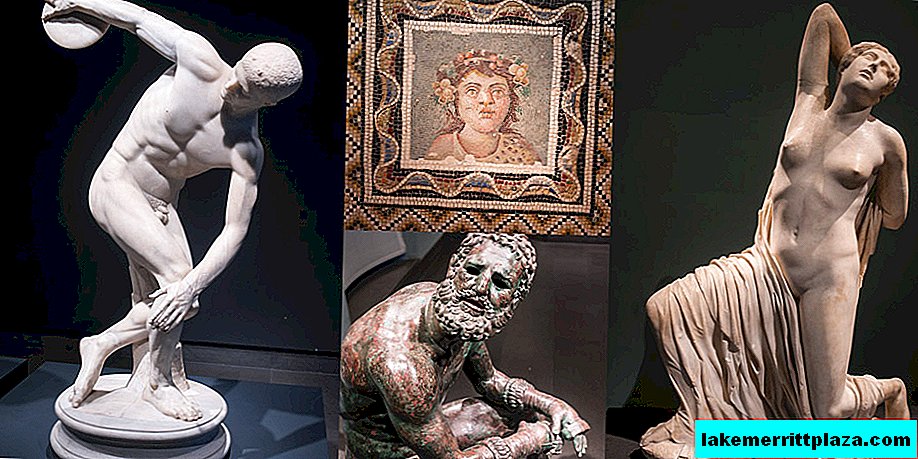After 1900 years, the victims of a volcanic eruption in the Italian city of Pompei (Pompei) "appeared" to the general public.
Over the past few years, Italian archaeologists painstakingly scanned and restored in detail the remains of 86 people who died during the eruption of Vesuvio in 79 AD. Powerful modern tomographs made it possible to illuminate the layers of volcanic ash, inside which are the bodies of citizens, as if frozen in timelessness.

Scientists were able to accurately localize the bodies of the inhabitants of Pompeii and carefully cut them out of the total volcanic mass.
Detailed studies of the recovered remains revealed an interesting fact, in ancient Rome people had good teeth.
It is believed that in ancient times, the diet contained an abundance of fiber, a small proportion of sugar, and the food itself was healthier and better.
Researchers managed to get full-fledged 3D models of several victims, containing external and internal images. Another fact - many residents during their lifetime received serious head injuries, most likely due to the debris of collapsing buildings. Archaeological excavators are about to hand over new exhibits for an exhibition called Pompeii and Europe.

The extensive use of CT devices has been borrowed from medicine. Creating 2D and 3D models or sections of any depth allows you to explore bodies that cannot be completely removed from the lava, in view of their fragility. Scientists say that their research is not just archeology, but archaeological research of man.
One of the main "patients" of scientists was a 4-year-old boy, discovered nearby his family: fathers and mothers with a baby in their arms. Comprehensive studies have made it possible to outline the child’s clothes. And tomographs showed everything, down to the skeleton. The expression of shock on the faces of people buried in hot ash and lava on August 24, 79 BC remained unchanged.

According to preliminary information, about 2,000 remains of the dead were recovered during the entire archaeological excavations in the vicinity of Pompeii.

It is believed that during the eruption of Vesuvius, 10 to 25 thousand people died, and the city itself and its environs were abandoned until 1748. In the modern world, the dead city is inscribed on the World Heritage List and is visited by 2.5 million tourists annually.








